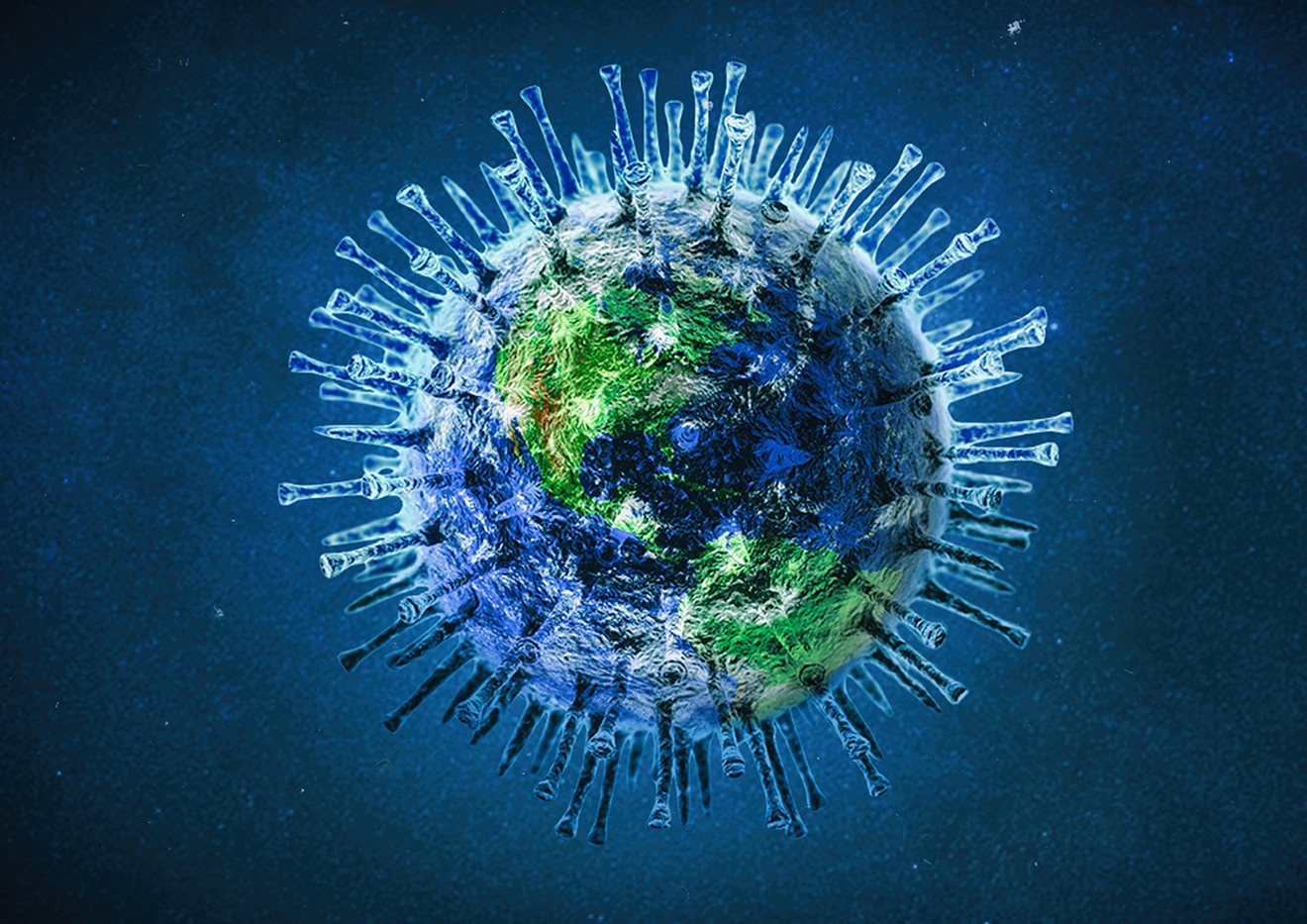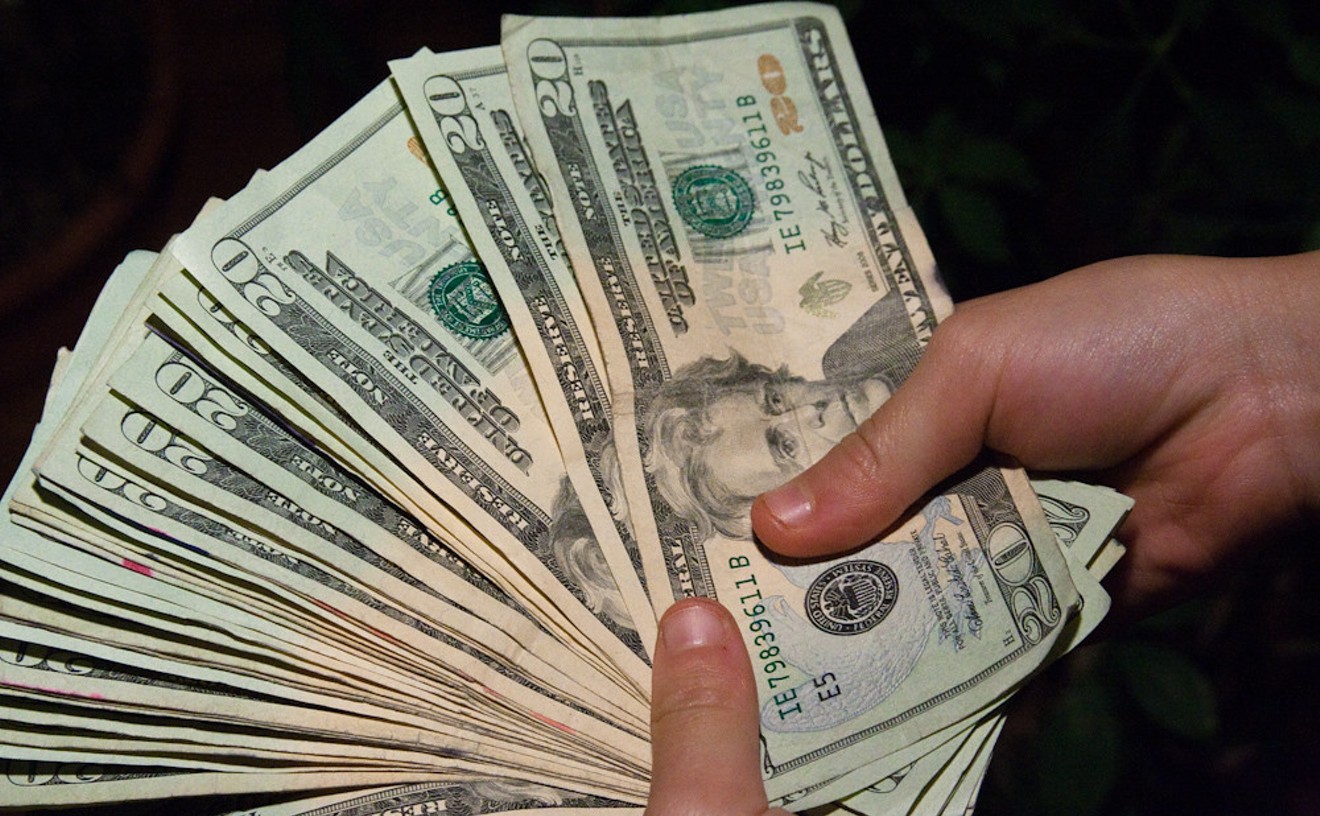Nearly 1,600 people in Arizona now have tested positive for COVID-19. State health officials say we can expect that number to rise through at least the middle of this month.
At a press conference last week, state Department of Health Services Director Dr. Cara Christ said COVID-19 cases in Arizona are expected to peak in mid-April, while hospitalizations will be highest in May.
Worst-case-scenario projections analyzed by Christ and the DHS also show that Arizona could need an additional 16,000 hospital beds and 1,500 more ICU beds — almost double what currently is available. Yet DHS does not know how many people are currently hospitalized due to the coronavirus in the state.
As of Thursday morning, 1,598 coronavirus cases and 32 deaths have been confirmed in Arizona, according to the agency. The actual number of people infected with COVID-19 in Arizona likely is much higher, since DHS has instructed providers not to test everyone who wants to get tested, citing a lack of available tests.
On Monday, Governor Doug Ducey issued a stay-at-home order, but his extremely broad list of "essential services" means relatively few people will be required to stay at home. On Wednesday, Ducey requested a Presidential Major Disaster Declaration from the federal government. The declaration would provide access to expanded mental health care, supplement the efforts of tribal health care workers, provide grants to reduce the risk of loss of life or property during future emergencies, make available legal assistance to low-income Arizonans, and expand food assistance and other services to low-income households affected by COVID-19.
Meanwhile, as cases within the Navajo Nation continue to rise, with over 214 cases and seven deaths in the Nation and counting, Navajo Nation President Jonathan Nez issued an 8 a.m. to 5 p.m. curfew on Sunday, requiring all residents to remain in their homes during curfew hours except in the event of an emergency.
A majority of Arizona's coronavirus cases are in Maricopa County, which has 961 cases to date. One-hundred and eighty-three people have been hospitalized in Maricopa County. Sixty-eight people are in the intensive care unit. Twelve people have died.
Pima County has the second-highest concentration of cases among counties, with 247. Eleven of the 32 people who have died from COVID-19 so far in the state are from Pima. To date, 45 people in Pima County have been hospitalized due to COVID-19 and 15 have been put in the ICU.
Here's a breakdown of Arizona's known coronavirus cases by county:
• 961 in Maricopa (+90 yesterday)
• 237 in Pima (+20 yesterday)
• 129 in Navajo (+27 yesterday)
• 114 in Coconino (+29 yesterday)
• 69 in Pinal (+4 yesterday)
• 34 in Yavapai (+10 yesterday)
• 19 in Apache (+2 yesterday)
• 13 in Yuma (+2 yesterday)
• 8 in Mohave (+1 yesterday)
• 4 in Cochise
• 3 in Santa Cruz
• 2 in La Paz
• 2 in Graham
• 2 in Gila (+1 since yesterday)
• 1 in Greenlee
As of Wednesday morning, the Arizona State Public Health Laboratory and commercial labs have tested 21,058 people in Arizona for COVID-19 (that's an additional 1,651 tests since Wednesday). Arizona has a population of nearly 7.2 million, meaning to date, 0.3 percent of Arizona's population has been tested for the virus.
The United States now has more coronavirus cases than any other country in the world, with over 228,000 positive cases nationwide. Over 92,000 of those cases are in New York alone.
[
{
"name": "Air - MediumRectangle - Inline Content - Mobile Display Size",
"component": "18478561",
"insertPoint": "2",
"requiredCountToDisplay": "2",
"watchElement": ".fdn-content-body",
"astAdList": [
{
"adType": "rectangle",
"displayTargets": "mobile"
}
]
},{
"name": "Editor Picks",
"component": "16759093",
"insertPoint": "4",
"requiredCountToDisplay": "1",
"watchElement": ".fdn-content-body",
"astAdList": [
{
"adType": "rectangle",
"displayTargets": "desktop|tablet"
},{
"adType": "rectangle",
"displayTargets": "desktop|tablet|mobile"
}
]
},{
"name": "Inline Links",
"component": "17980324",
"insertPoint": "8th",
"startingPoint": 8,
"requiredCountToDisplay": "7",
"maxInsertions": 25
},{
"name": "Air - MediumRectangle - Combo - Inline Content",
"component": "16759092",
"insertPoint": "8th",
"startingPoint": 8,
"requiredCountToDisplay": "7",
"maxInsertions": 25,
"watchElement": ".fdn-content-body",
"astAdList": [
{
"adType": "rectangle",
"displayTargets": "desktop|tablet"
},{
"adType": "rectangle",
"displayTargets": "desktop|tablet|mobile"
}
]
},{
"name": "Inline Links",
"component": "17980324",
"insertPoint": "8th",
"startingPoint": 12,
"requiredCountToDisplay": "11",
"maxInsertions": 24
},{
"name": "Air - Leaderboard Tower - Combo - Inline Content",
"component": "16759094",
"insertPoint": "8th",
"startingPoint": 12,
"requiredCountToDisplay": "11",
"maxInsertions": 24,
"watchElement": ".fdn-content-body",
"astAdList": [
{
"adType": "leaderboardInlineContent",
"displayTargets": "desktop|tablet"
},{
"adType": "tower",
"displayTargets": "mobile"
}
]
}
]









